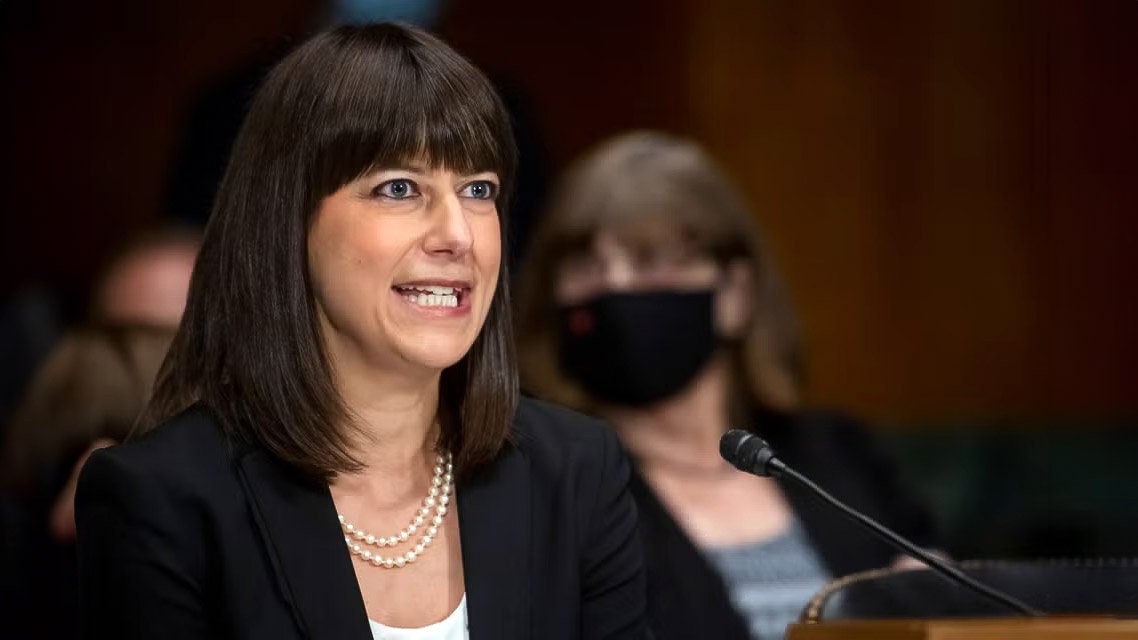The Biden administration has urged the U.S. Supreme Court to permit the continuation of an appeals court decision in a legal dispute concerning the Seminole Tribe of Florida’s authorization to provide statewide online sports betting.
Last week, U.S. Solicitor General Elizabeth Prelogar submitted a 29-page response after Chief Justice John Roberts halted temporarily the appeals court ruling, on October 12, which could help lead to sports betting.
Roberts’ order came after pari-mutuel companies West Flagler Associates and Bonita-Fort Myers Corp. sought a stay as they prepared to ask the Supreme Court to take up a challenge to the appeals court ruling. The order said what is known as a “mandate,” which is a final step in the appeals-court ruling, is “hereby recalled and stayed pending further order of the undersigned (Roberts) or the (Supreme) Court.”
The chief justice also directed the U.S. Department of the Interior, which oversees gambling on tribal lands, to file a response to the pari-mutuels’ stay request.
In the filing last week, Prelogar, representing the Department of the Interior, disputed arguments raised by the pari-mutuel companies and said it is unlikely the Supreme Court will ultimately take up a challenge to the appeals court ruling.
The pari-mutuel companies filed the lawsuit in 2021 after Florida lawmakers ratified a gambling deal that had been signed by Gov. Ron DeSantis and Seminole Tribe of Florida Chairman Marcellus Osceola Jr. The deal is known as a compact.
Gov. Ron De Santis and the Seminole Tribe signed the updated compact in 2021.
What does the compact do?
Under its 30-year agreement with the state, the Seminole Tribe is given a monopoly to operate sports betting in Florida. The tribe, which will also be allowed to add roulette and craps to its casino operations, will in return pay the state at least $2.5 billion over the first five years of the agreement.
In addition to allowing for the potential operation of sports betting outside of tribal land, the compact also allows both Trump National Doral Resort and the Fontainebleau Hotel in Miami Beach to obtain casino permits without violating the tribe’s monopoly status.
While the compact addresses a series of issues, the lawsuit centers on a plan that would allow gamblers to place mobile sports wagers anywhere in the state, with bets handled by computer servers on tribal property. The deal said bets “using a mobile app or other electronic device, shall be deemed to be exclusively conducted by the tribe.”
The pari-mutuel companies argue, in part, that the plan was devised to get around a 2018 state constitutional amendment that required voter approval of casino gambling in Florida. The U.S. Department of the Interior allowed the compact to move forward. But the lawsuit contends the compact violated the federal Indian Gaming Regulatory Act (IGRA) because it authorized gambling off tribal lands.
While U.S. District Judge Dabney Friedrich sided in November 2021 with the pari-mutuels, the U.S. Circuit Court of Appeals for the District of Columbia this summer overturned that decision. That led the pari-mutuel companies to seek a stay of the mandate as they prepare to file a broader case at the Supreme Court.
Judge Dabney L. Friedrich
In the response last week, Prelogar, partially quoting a legal precedent, wrote that the appeals court “correctly determined that IGRA ‘regulates gaming activity on Indian lands, but nowhere else.” She also wrote that the appeals court determined that IGRA does not bar a compact between a state and a tribe from addressing other issues, including activities off tribal lands. As a result, Prelogar wrote that the Florida compact is “consistent” with IGRA.
“The gaming activities on Indian lands, of course, must be separately authorized under IGRA,” the solicitor general wrote, according to CBS News Miami. “But there is no apparent reason why a tribal-state compact that authorizes gaming activities on Indian lands under IGRA cannot also include provisions that concern the state’s (independent and non-IGRA) authorization to conduct directly related gaming activities in the state on non-Indian lands, even though IGRA and the tribal-state compact would not independently authorize those related activities.”
She also noted that the pari-mutuel companies have filed a separate case at the Florida Supreme Court arguing that the sports betting plan violates the 2018 state constitutional amendment.
“If the Florida Supreme Court concludes that the Florida Legislature’s authorization of the placement of wagers outside Indian lands is not permissible under the Florida Constitution, that would afford applicants the relief they seek,” Prelogar wrote. “That pending case provides the appropriate forum to resolve applicants’ claims based on the meaning of state law.”
U.S. Solicitor General Elizabeth Prelogar
In an October 6 request for a stay, attorneys for the pari-mutuel companies argued that IGRA does not authorize the U.S. Interior Secretary to approve a compact that allows gambling off tribal lands. Also, the attorneys pointed to potentially far-reaching implications of the appeals court ruling.
“The circuit (appeals court) opinion raises a question of nationwide importance regarding the ability of states and tribes to use IGRA compacts to provide for gaming off Indian lands,” the request said.
In 2021, the Seminoles rolled out the Hard Rock sports betting platform, which was live for just over a month, before being forced to shut it down due to a court order.


















